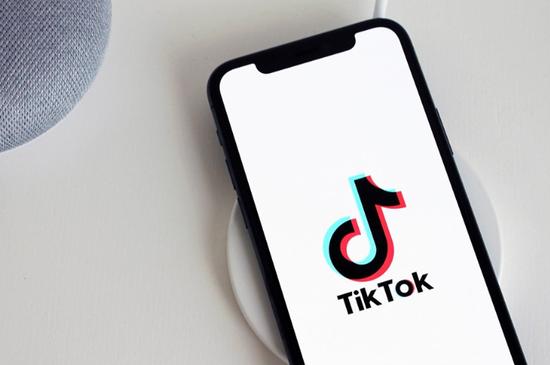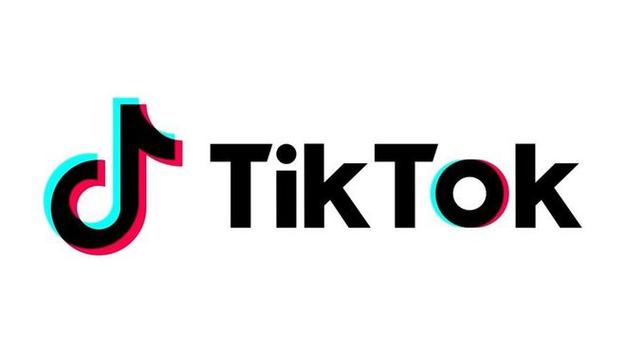LOS ANGELES, [Date] ‚Äď TikTok users are sharing science-based learning tips, sparking discussions about effective study methods. Short videos tagged #StudyHacks and #LearnSmart have gained millions of views. Many creators claim their techniques are backed by research, prompting experts to analyze their accuracy.
(Tiktok Users Share Efficient Learning Science And Method Verification)
Popular posts include methods like breaking study sessions into short intervals, mixing topics to boost retention, and self-testing for better memory. User @SkillUpNow, a biology student, shared a video explaining spaced repetition, a technique supported by cognitive science studies. The video received over 2 million likes. Another creator, @MathMastermind, demonstrated active recall strategies for math problems, citing a 2020 journal article on learning efficiency.
Dr. Lisa Harper, an educational psychologist at California State University, confirmed some methods align with research. ‚ÄúSpaced practice and self-quizzing are proven strategies. Seeing them spread on social media is encouraging,‚ÄĚ she said. But she warned not all trending tips are reliable. ‚ÄúCheck if sources are cited. Good science is transparent,‚ÄĚ she added.
Critics argue oversimplified content might mislead viewers. A recent video claiming ‚Äú10-minute study sessions guarantee A grades‚ÄĚ was flagged by educators for lacking evidence. TikTok has not commented on content moderation policies for educational claims.
Schools and universities are taking notice. Some teachers now blend TikTok-inspired methods into lessons. ‚ÄúStudents engage more when techniques feel relatable,‚ÄĚ said high school teacher Mark Rivera. University forums also discuss these trends, with mixed opinions on their long-term impact.
The trend highlights a shift in how younger generations seek knowledge. Traditional education systems face pressure to adapt as viral content reshapes learning habits. Data shows over 60% of TikTok users under 25 use the app for educational purposes.
(Tiktok Users Share Efficient Learning Science And Method Verification)
Educational institutions are partnering with creators to produce verified content. A pilot program with Stanford University and top #StudyHacks creators launched last month, aiming to combine entertainment with academic rigor.


